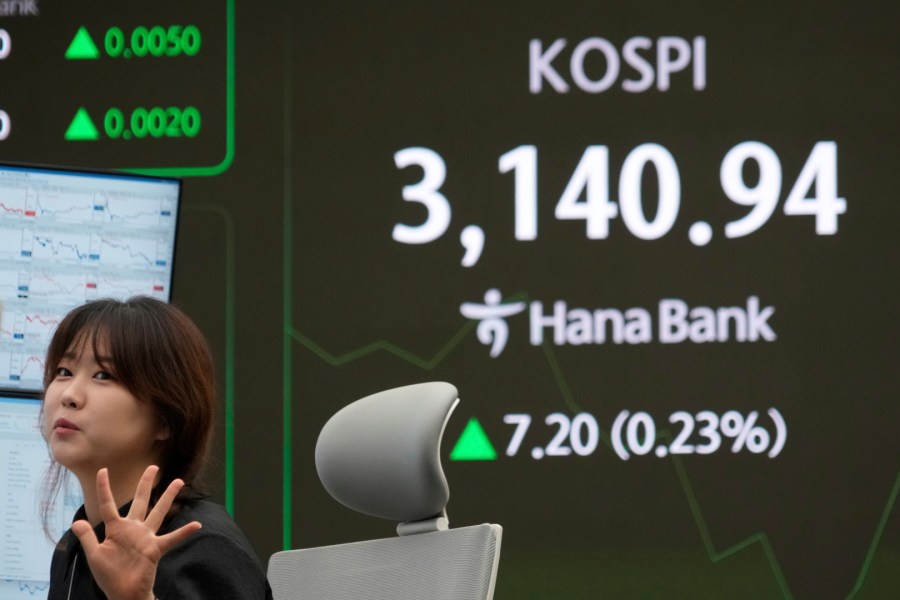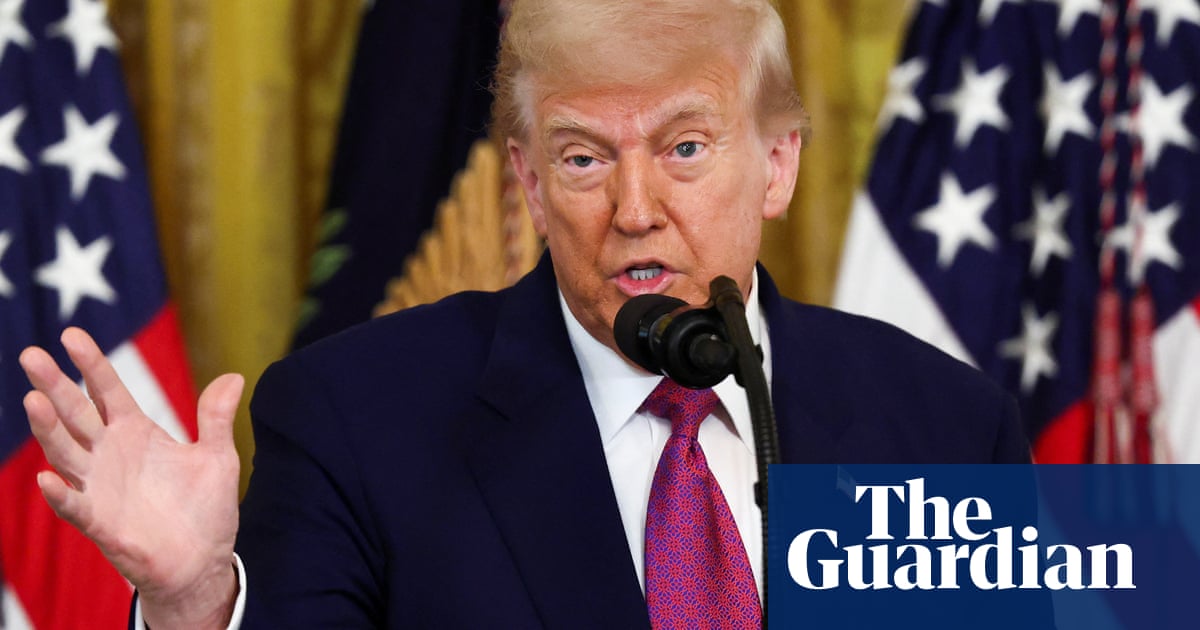Asian Markets Rise Following U.S. Tech Stock Surge

Asian shares saw a positive trend on Thursday, buoyed by a significant rally in U.S. technology stocks. The Nasdaq reached an all-time high, contributing to Wall Street recovering a substantial portion of its earlier losses this week. This upward momentum reflects investor optimism following a strong performance in the tech sector.
In South Korea, the Kospi index increased by 1% to close at 3,164.26. This rise followed the Bank of Korea’s decision to maintain its benchmark interest rate, coupled with a notable increase in semiconductor shares driven by Nvidia’s impressive performance on Wall Street. Nvidia’s stock surged by 1.8%, making it the first publicly traded company to surpass a market valuation of $4 trillion.
In contrast, Tokyo’s Nikkei 225 index fell by 0.6% to 39,583.78. Meanwhile, Hong Kong’s Hang Seng index slightly grew by 0.1%, reaching 23,926.09. The Shanghai Composite index also saw gains, climbing 0.4% to 3,505.58. Australia’s S&P/ASX 200 followed suit with a 0.6% increase, closing at 8,589.70.
The dollar weakened against the Japanese yen and the euro, trading at 146.21 yen, down from 146.26. Oil prices also experienced a downturn, with benchmark U.S. crude losing 6 cents to settle at $68.32 per barrel. Brent crude, the international standard, decreased by 8 cents to $70.14 per barrel.
The rally in U.S. tech stocks on Wednesday saw the S&P 500 increase by 0.6%, marking its first gain of the week. The benchmark remains close to the record set the previous week, following a favorable U.S. jobs report. The Dow Jones Industrial Average also gained traction, up by 0.5%, while the Nasdaq composite rose by 0.9%, surpassing the record high achieved the prior Thursday.
Nvidia’s rise in value reflects the broader trend in the technology sector, which has been a focal point for investors. The stock had been priced around $14 at the start of 2023, highlighting the extraordinary growth the company has experienced in recent months.
As Wall Street navigates this tech-driven rally, attention remains on economic policies, particularly the renewed efforts by former President Donald Trump to leverage higher tariffs on imported goods. The deadline for negotiations has been extended to August 1, as the administration seeks to establish new trade agreements globally.
Overall, the interconnectedness of global markets continues to be evident, as movements in the U.S. tech sector create ripple effects across Asia. Investors remain keenly focused on upcoming economic indicators and geopolitical developments that could influence market trends in the weeks ahead.






